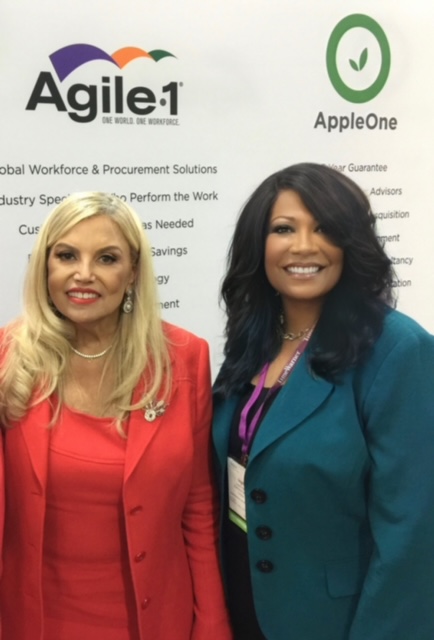The Significance of Tier II Program Management & Outsourcing
In the dynamic world of business, organizations need to leverage all the resources available to remain competitive. Tier II Program Management and Outsourcing is one such tool that has gained traction over the years. By broadening your supplier diversity programs to include Tier II suppliers—those that are subcontracted by your direct suppliers—you enhance supply chain resilience, foster innovation, and contribute to broader economic inclusion.
In parallel, outsourcing, or the delegation of certain business processes to external agencies, allows you to focus on your core competencies, providing the agility and flexibility necessary to swiftly adapt to changing market conditions.

Tier II Program Management & Outsourcing: Our Expertise
At IW Consulting Group, we excel in Tier II Program Management and Outsourcing. Our experts have a deep understanding of supply chain management and are adept at creating, implementing, and managing effective Tier II programs. We work closely with your primary suppliers to engage with diverse Tier II suppliers, enhancing your supply chain’s diversity and resilience.
As part of our outsourcing services, we take on the management of certain business processes, such as vendor selection and performance monitoring. We leverage our expertise and resources to deliver efficient, cost-effective solutions that let you focus on your core business areas.


The Intersection of Tier II Program Management & Outsourcing and Policy Reviews
Tier II program management and policy reviews may seem like two distinct areas, but they are intrinsically linked. Policies provide the foundation for effective Tier II program management, defining the goals, roles, and procedures for engaging with Tier II suppliers. By regularly reviewing these policies, you can ensure your Tier II program remains relevant and effective, adapting to changes in your business environment, supplier base, and regulatory landscape.
Similarly, outsourcing is governed by a set of policies outlining what processes can be outsourced, how outsourcing providers are selected and managed, and how performance is monitored and evaluated. Regular policy reviews ensure these guidelines remain effective and compliant with regulatory changes and industry best practices.
The Value of Policy Reviews
Policies are the guiding principles that steer the direction of an organization. A robust and forward-thinking policy framework enables an organization to operate effectively, maintain compliance, manage risks, and drive strategic objectives. However, in an ever-changing business environment, regular policy reviews are essential. They ensure your policies remain relevant, effective, and aligned with your organizational goals, regulatory changes, and industry best practices.

Reach out to us
In the fast-paced and complex business world, Tier II Program Management, outsourcing, and policy reviews are no longer optional—they are essential. By investing in these areas, you can enhance your supply chain, improve your operational efficiency, manage risks, and drive your strategic objectives.

Have a question? check these answers.
Tier II Program Management involves managing your relationships with Tier II suppliers—those that are subcontracted by your direct suppliers. It's a key part of supplier diversity programs, helping to enhance supply chain resilience and foster innovation.
Outsourcing is the practice of delegating certain business processes or functions to external agencies. This allows your organization to focus on its core competencies, providing agility and flexibility to adapt to changing market conditions.
A policy review is a process of regularly evaluating your policies to ensure they remain relevant, effective, and compliant with regulatory changes and industry best practices. It involves assessing existing policies, identifying areas for improvement, and recommending changes.
Our experts at IW Consulting Group provide comprehensive services in Tier II Program Management and outsourcing. We can create, implement, and manage effective Tier II programs and take on the management of certain business processes through outsourcing.
We carry out comprehensive policy reviews, assessing your existing policies, identifying areas for improvement, and recommending changes aligned with your business objectives, regulatory requirements, and industry best practices.
Policies provide the foundation for effective Tier II Program Management and outsourcing, defining the goals, roles, and procedures involved. Regular policy reviews ensure these guidelines remain effective and compliant with regulatory changes and industry best practices.
Getting started with our services is straightforward. You can contact us through our website, email, or phone to discuss your business needs. We'll work with you to understand your requirements and develop tailor-made solutions in Tier II Program Management, outsourcing, and policy reviews.
